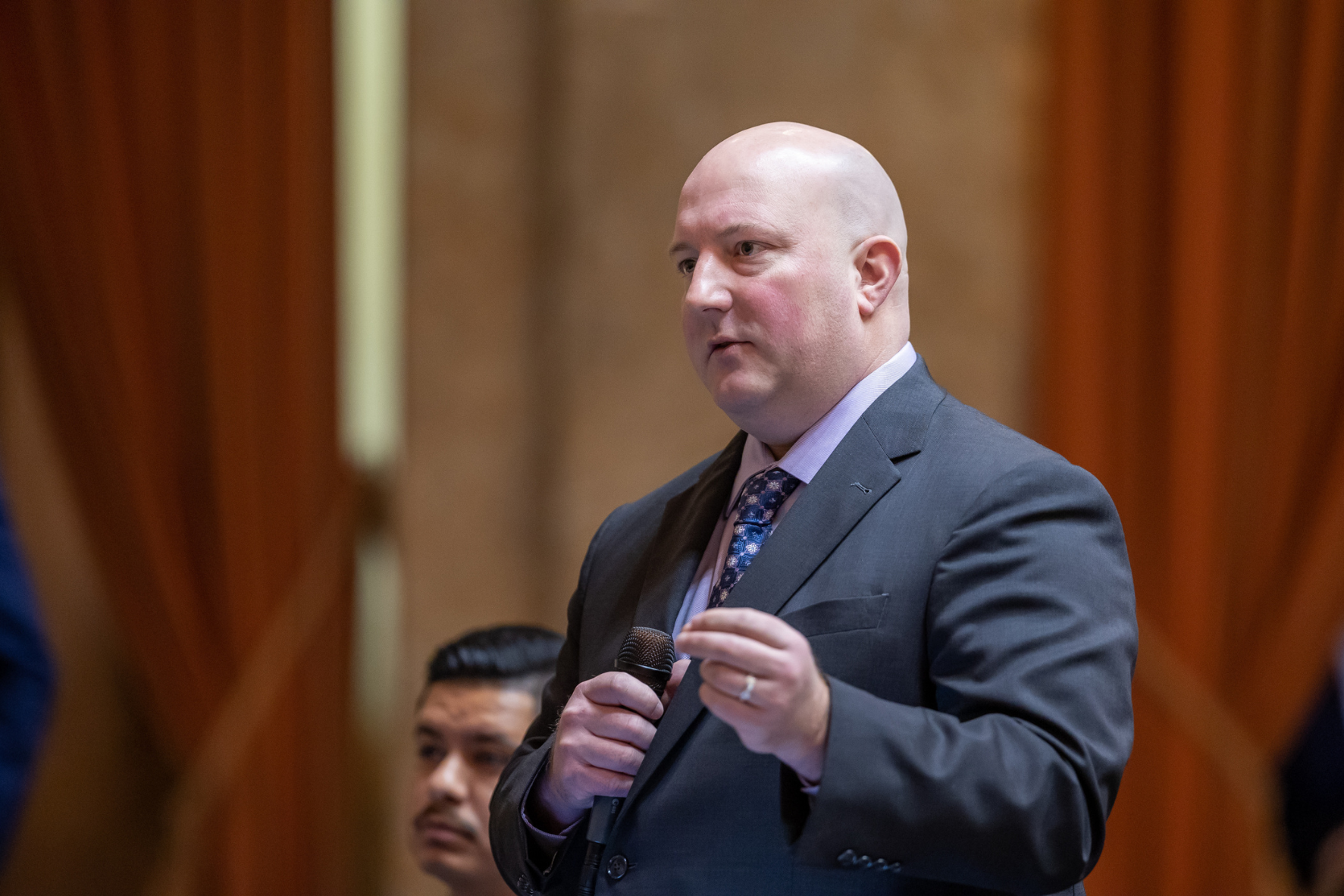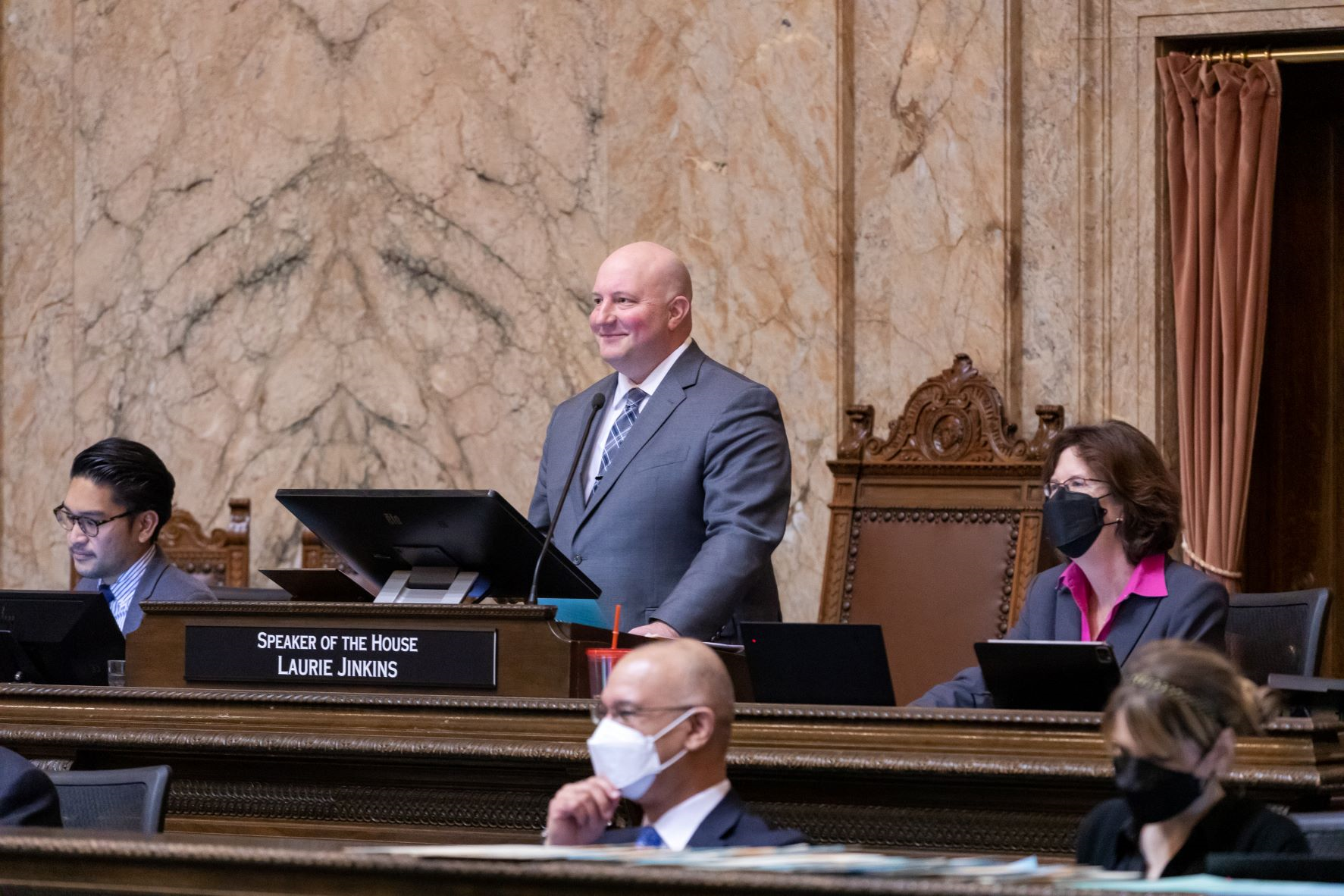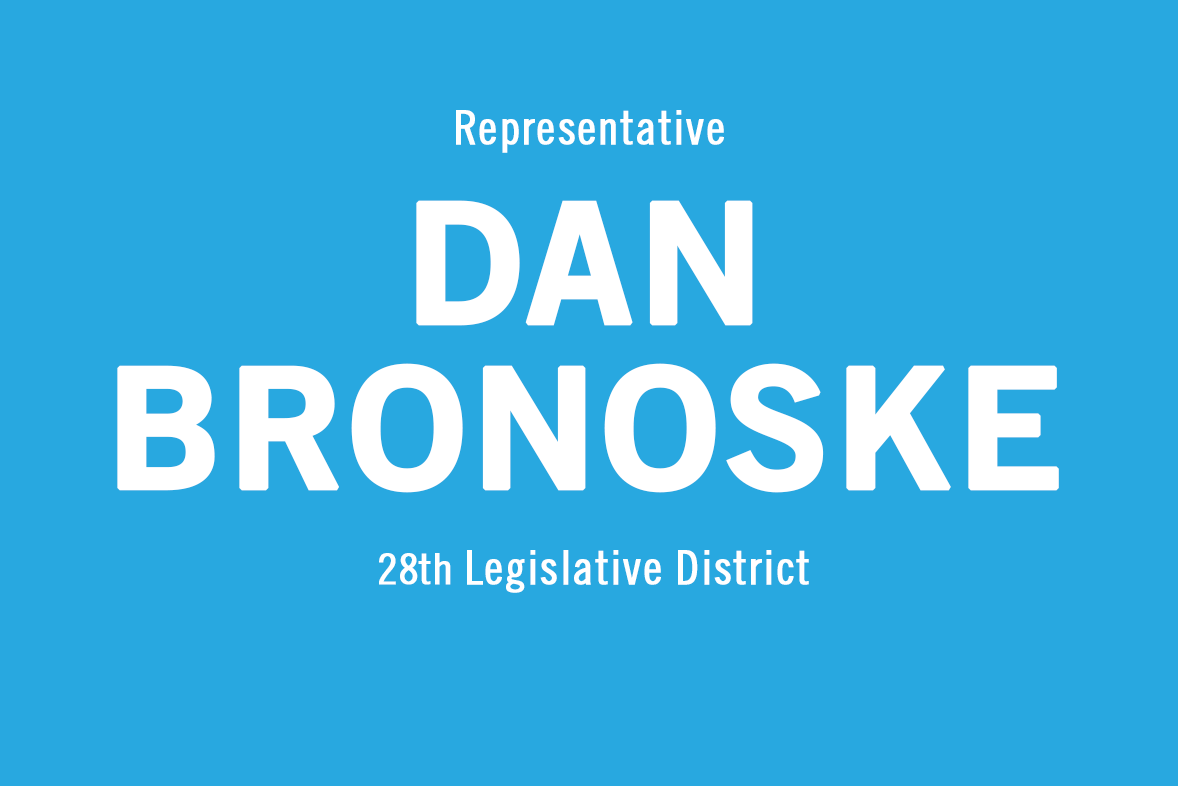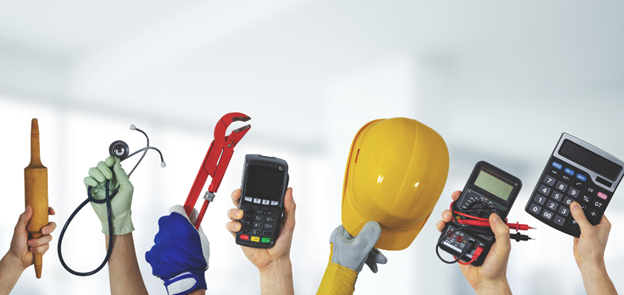Dear Friends and Neighbors,
Last week was known as ‘policy cutoff’ week. In order to facilitate the Legislature’s work during a relatively short amount of time, a series of internal deadlines or cutoffs have been established. The first cutoff is ‘policy cutoff.’ Bills that have not been heard and passed by a policy committee after last week are dead. This helps focus our work for the remainder of the session. While this can often be disappointing, legislation generally takes several years to get passed. It can take several sessions for an idea to gain enough support and be perfected into a policy that will make an impact for the people of Washington.
Automated External Defibrillators (AED) for lineworkers
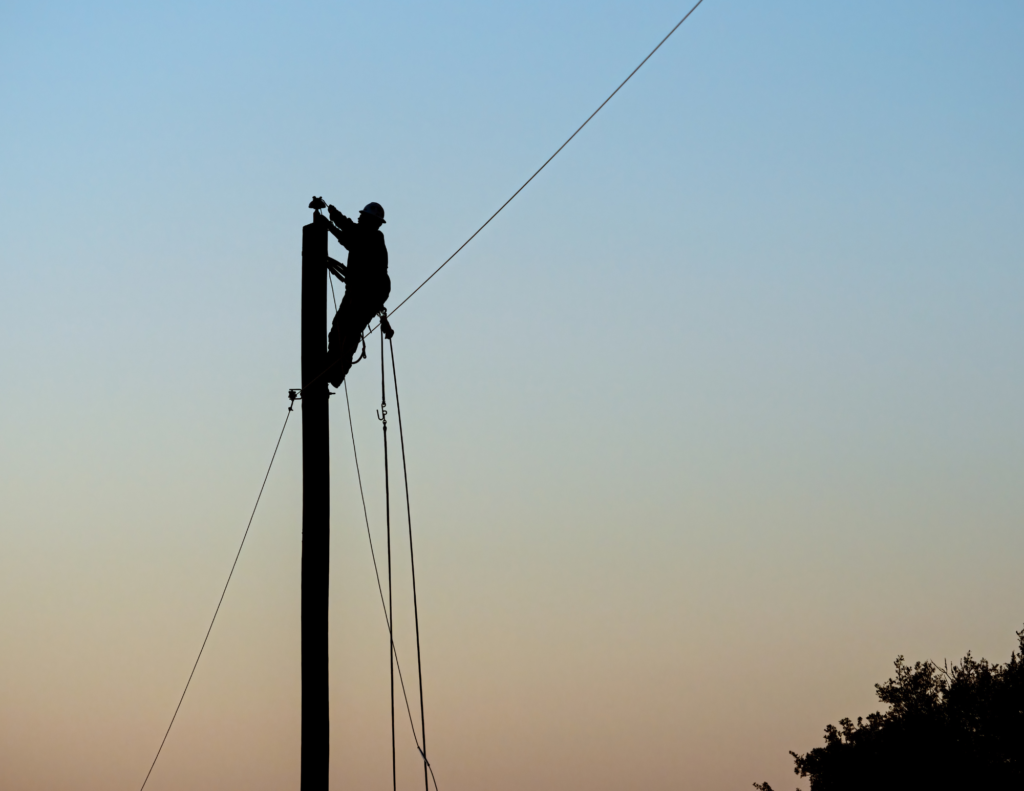
Lineworkers do the hard and dangerous work of keeping our power flowing. They work high above the ground next to high voltage lines, often in inclement weather. These are some of the most dangerous jobs in the country. Coming in contact with a high voltage line can cause sudden cardiac arrest. An Automated External Defibrillators (AED) is a medical device that analyzes the hearts rhythm and then delivers an electric shock to restore a person’s heart to its normal rhythm. Many of us had a chance to see an AED in action when Damar Hamlin went into cardiac arrest on Monday Night Football. These devices are designed to be easy to use and operate and they save lives.
Our laws already require at least one person trained in CPR to be available when employees are working on or near power lines. That is why I have introduced HB 1542, which would require crews working on or near high-voltage lines to have an AED on hand. During cardiac arrest, access to an AED can mean the difference between life and death. There are numerous examples of AEDs being used on a line worker, allowing that worker to go home to their family. Most major companies already provide and maintain AEDs for their workers. This bill would simply ensure this best practice is adopted by all employers and that AEDs are properly maintained. It will have the added benefit of getting more AEDs out into the community. You never know when you’ll need an AED until you need one.
Addressing our workforce shortage
Over the last two years, the Legislature has worked to pass critical legislation establishing and expanding the Washington College Grant, increasing funding for apprenticeships, and fully funding post-secondary institutions. Yet, critical sectors of the labor market such as healthcare, behavioral health, trades and apprenticeships, and other highly skilled vocations requiring advanced degrees were negatively impacted by closures, staff burnout, and mass retirements.
As our economy fully recovers from the pandemic, House Democrats have developed a three-pronged approach to address workforce shortages and create future economic resiliency. By expanding the workforce pipeline (HB 1176, HB 1643), streamlining licensing, certification, and interstate compacts (HB 1009, HB 1030, HB 1069, and HB 1001), and making post-secondary education more accessible (HB 1156, HB 1559), all Washingtonians will have an opportunity to take part in the shared prosperity of economic growth and mobility.
To fill gaps in our workforce, opportunities need to be appealing, accessible, and lead to good paying jobs. Before we can achieve our broad economic goals, such as fully transitioning to a green economy or building affordable housing, a workforce must be trained to implement those goals. This legislative session presents an opportunity to turn the tide on the climate and housing crisis and create real opportunities for Washington workers and businesses.
Our first page
A few weeks ago, I wrote you about the return of the Legislative Page Program. I am happy to report that we have had our first page from the 28th District that was sponsored by our office.
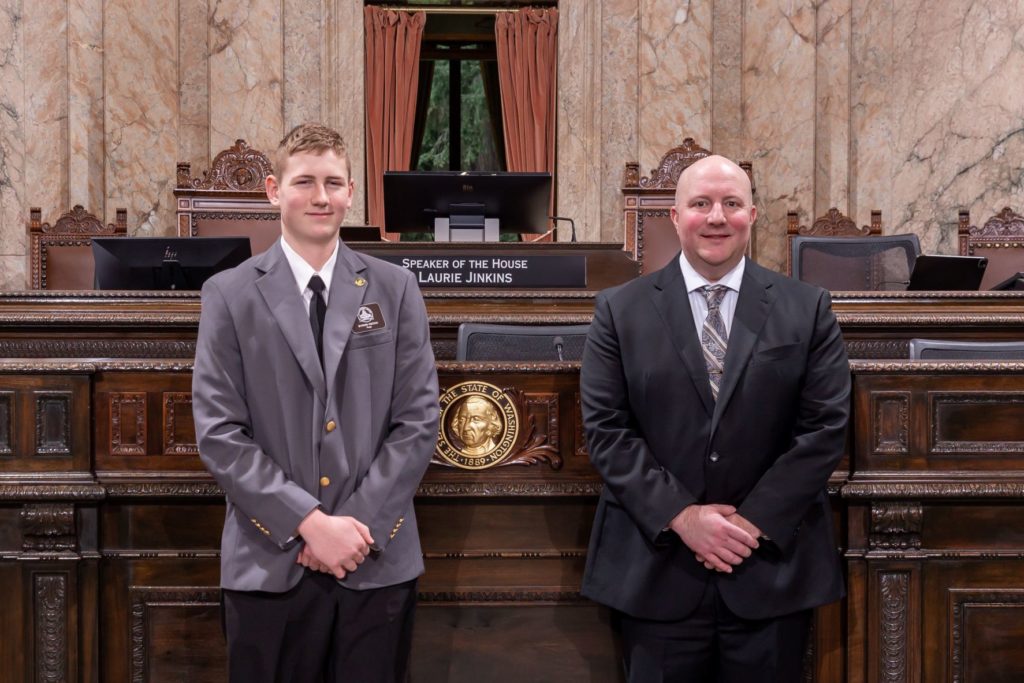
Byron Cecka is a student at Steilacoom High School. He hopes to one day attend a U.S. service academy.
This unique opportunity is open to Washington residents who are at least 14 years old but have not reached their 17th birthday. We’re making a one-time exception this session to allow 17 & 18-year-olds to participate during two specific weeks since the program was discontinued during the COVID-19 pandemic.
For more information, visit the page program’s website by clicking here.
If you have comments, questions, or ideas, please contact my office. I hope to hear from you soon!
![]()
